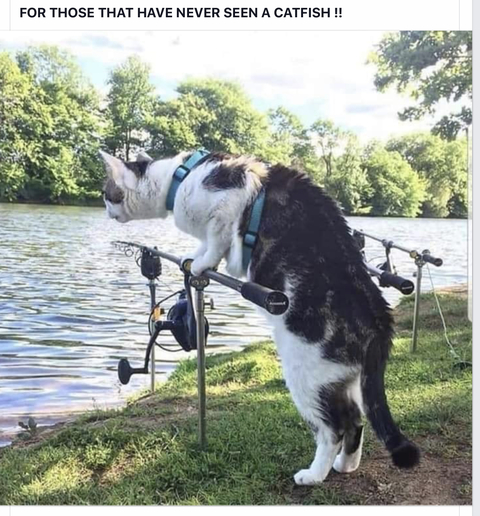I have an 18+3 Hudson deck over trailer rated 10000 # payload. It has two axles with brakes on both axles. It uses a small motorcycle battery for the break away system. I have added a 9k winch and a deep cycle RV battery to power the winch. The trailer gets used intermittently and the motorcycle batteries do not last long. I would like to eliminate the motorcycle battery and power both the winch and breakaway from the RV battery. Right now I charge the RV battery with a charger, it is not wired to the trailer wiring. My initial thought is to wire an alternator diode and a 30 amp circuit breaker in the line between the RV positive terminal and the trailer 12v hot wire. That would prevent the RV battery from ever feeding power back to the truck electrical system. Have any of you guys done this setup and do you have any advice or see anything wrong with my proposed setup?
- Thread starter jacks
- Start date
Similar threads
We sell tractor parts! We have the parts you need to repair your tractor - the right parts. Our low prices and years of research make us your best choice when you need parts. Shop Online Today.
Copyright © 1997-2024 Yesterday's Tractor Co.
All Rights Reserved. Reproduction of any part of this website, including design and content, without written permission is strictly prohibited. Trade Marks and Trade Names contained and used in this Website are those of others, and are used in this Website in a descriptive sense to refer to the products of others. Use of this Web site constitutes acceptance of our User Agreement and Privacy Policy TRADEMARK DISCLAIMER: Tradenames and Trademarks referred to within Yesterday's Tractor Co. products and within the Yesterday's Tractor Co. websites are the property of their respective trademark holders. None of these trademark holders are affiliated with Yesterday's Tractor Co., our products, or our website nor are we sponsored by them. John Deere and its logos are the registered trademarks of the John Deere Corporation. Agco, Agco Allis, White, Massey Ferguson and their logos are the registered trademarks of AGCO Corporation. Case, Case-IH, Farmall, International Harvester, New Holland and their logos are registered trademarks of CNH Global N.V.
Yesterday's Tractors - Antique Tractor Headquarters
Website Accessibility Policy


